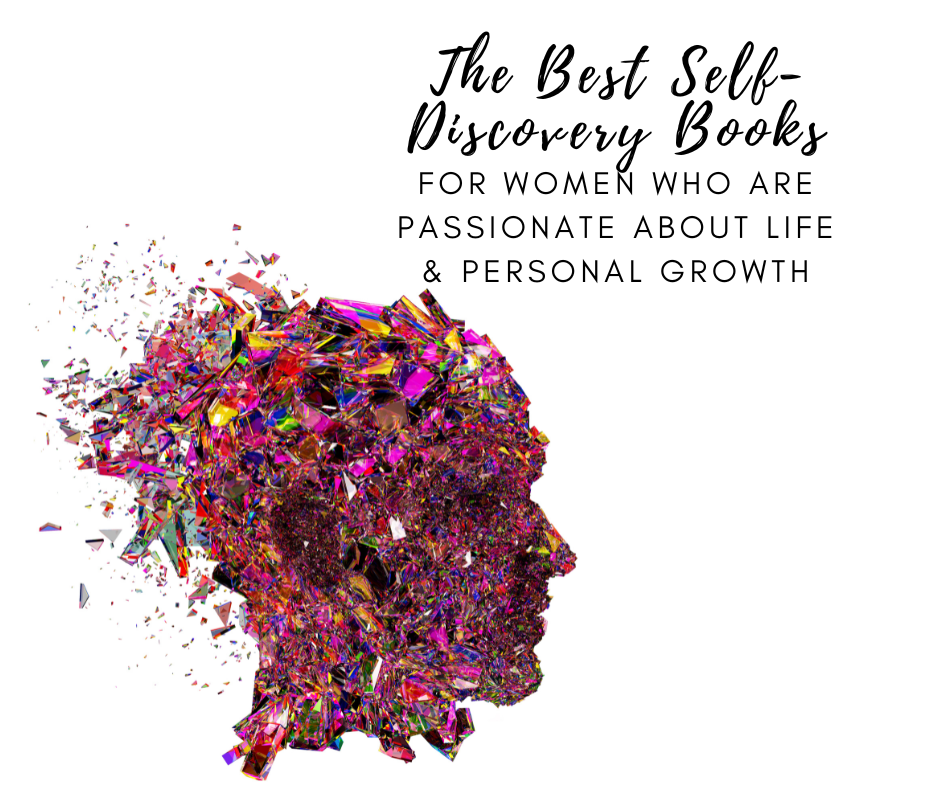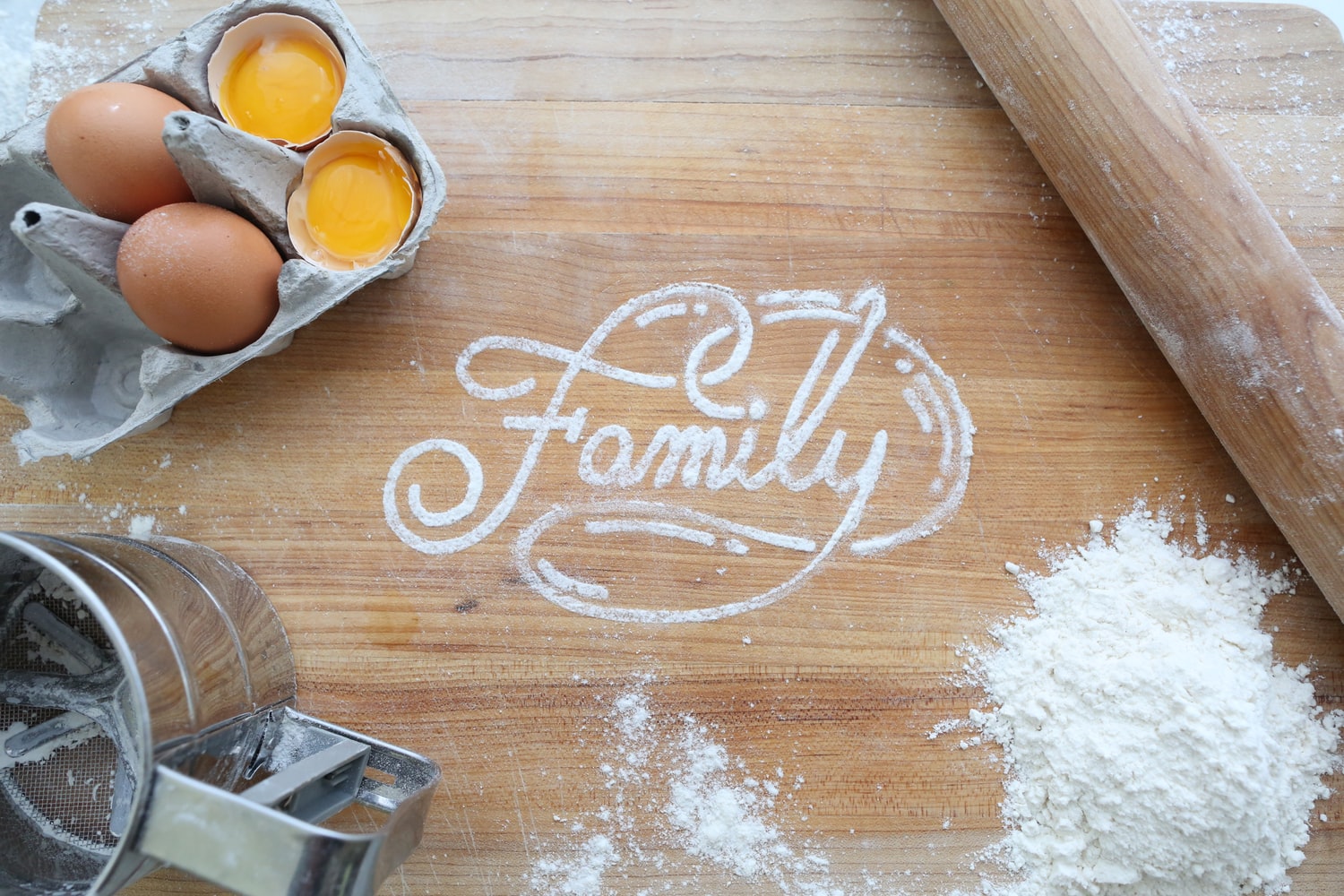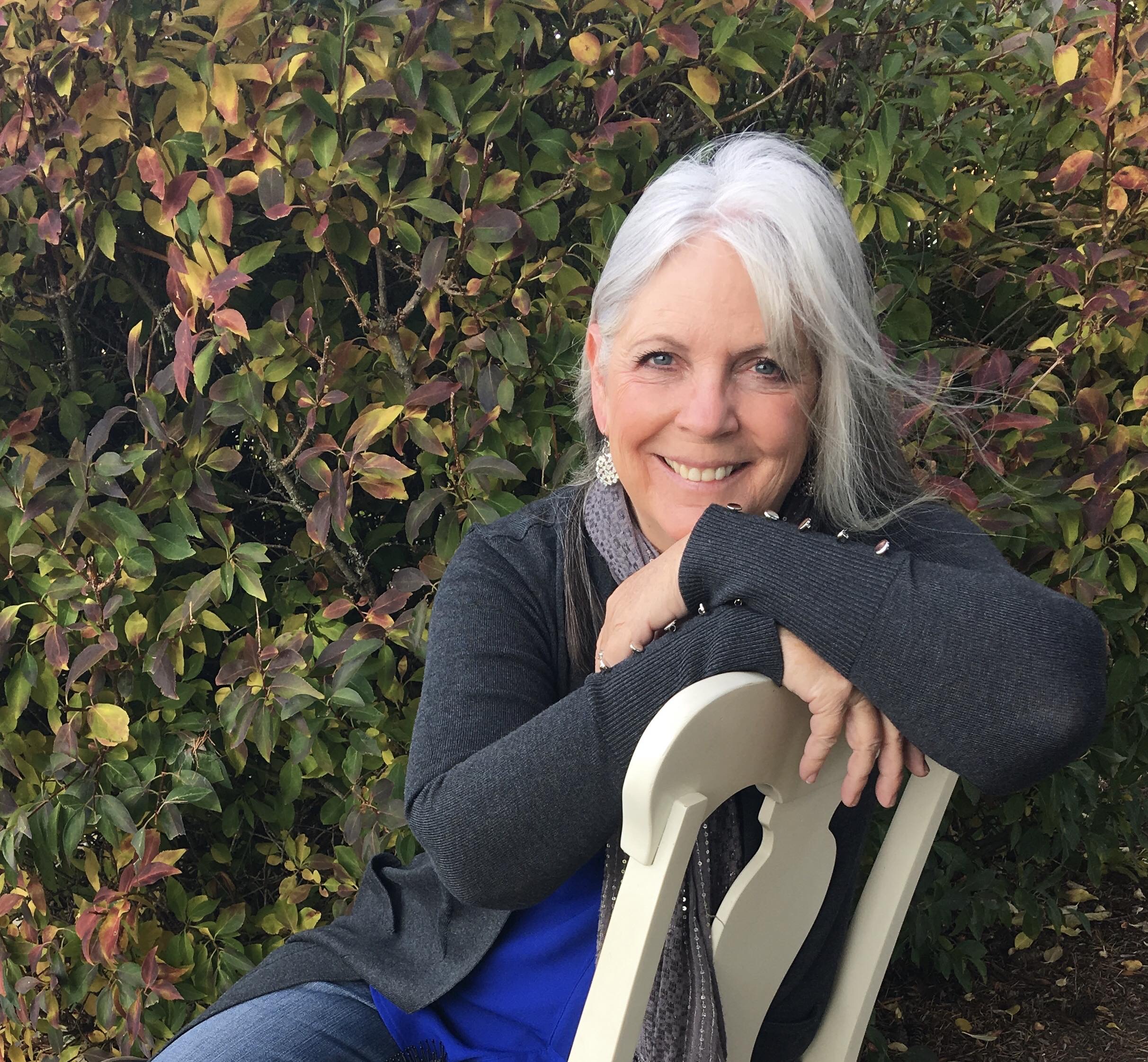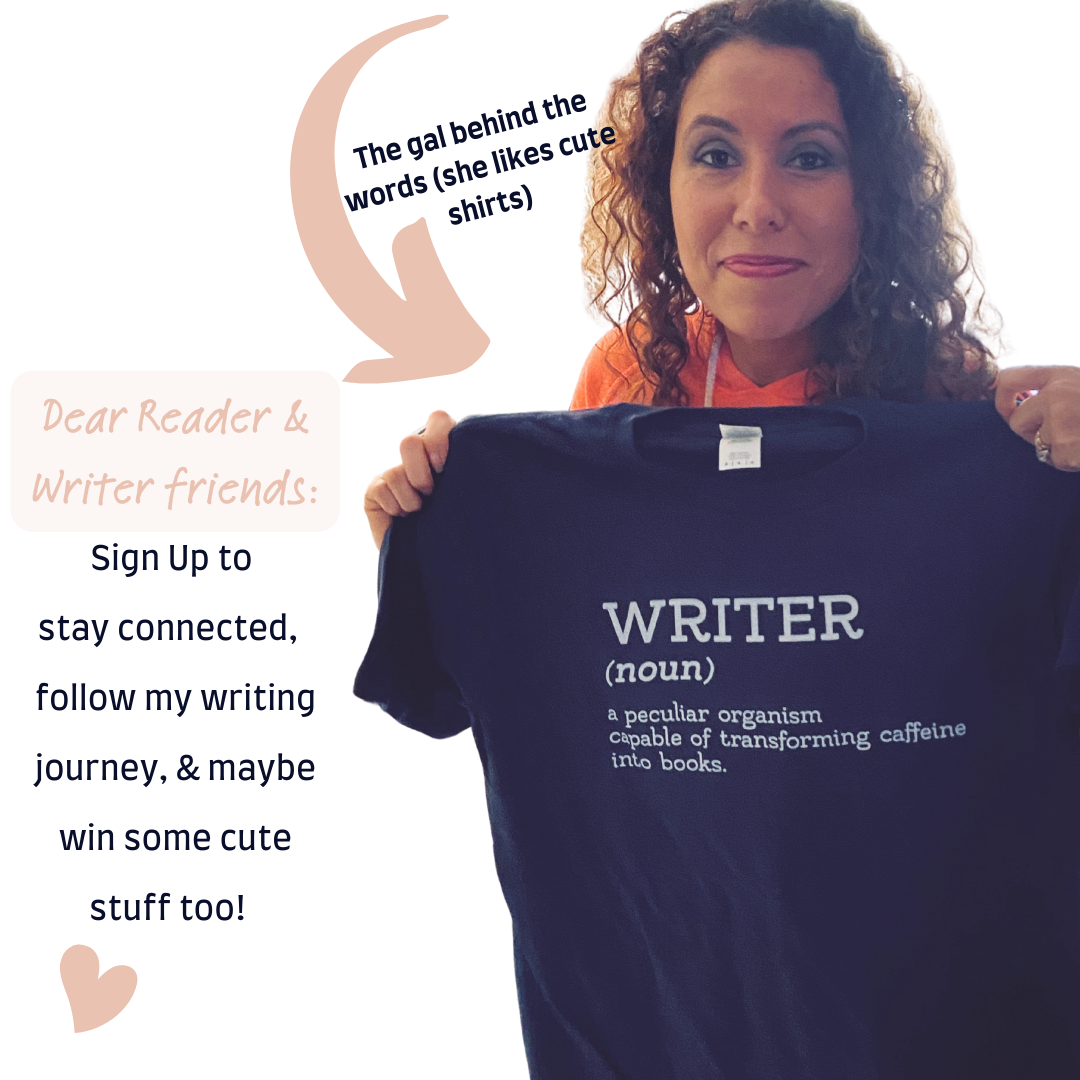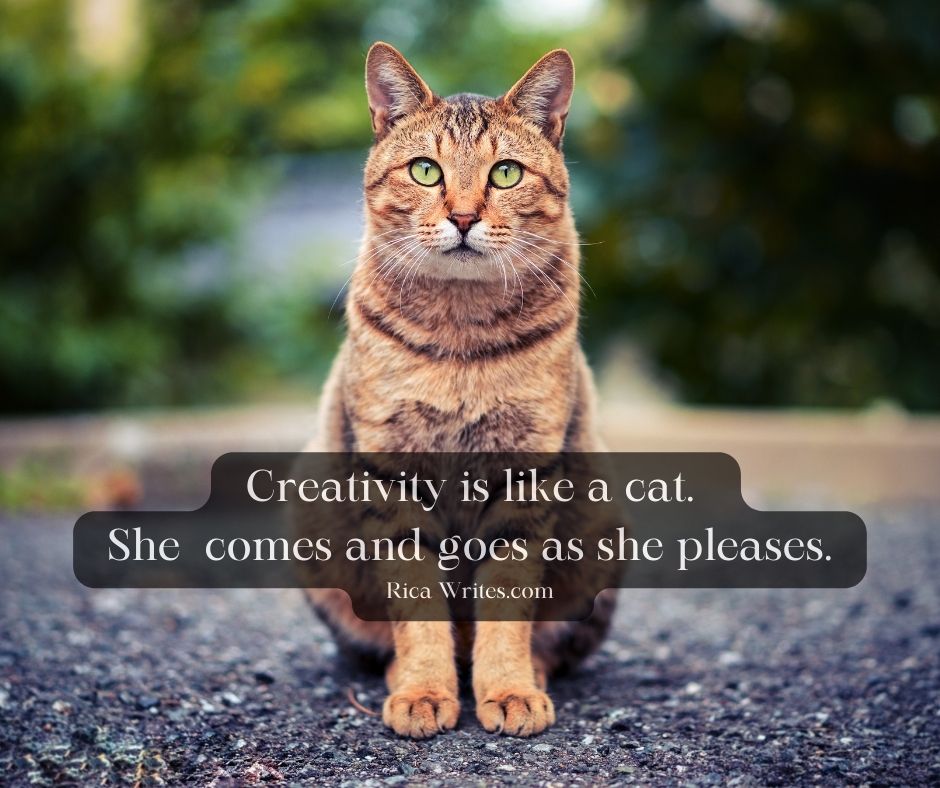
7 Things I Do To Get Creative Juices Flowing
Whether you’re a writer, painter, performer, marketer or artist in the making, you’ve no doubt wondered how to get creative juices flowing. While creative inspiration can feel like an enigma, I’ve learned many tricks and hacks to motivate myself. On days when the lights have gone out in my head and I am left fumbling for the ideas switch, I use various methods to put myself on the right path. Here are the ones that have helped me write my books and achieve other writing goals as a journalist.
Tiny thanks to those who use links in this post to purchase products I recommend. As an Amazon affiliate, I use commission to help support this blog and other authors’ work.

7 Tips for Writers: How to Get Creative Juices Flowing
Read Good Books (& Awful Ones Too):
Throughout my writing career, I have often relied on books to help me improve my craft and learn new writing techniques. Among my favorites are Bird by Bird by Anne Lamott, The Art of Memoir by Mary Karr (fascinating book for writers of all genres), and the classic On Writing Well by William Zinsser, which was required reading in my journalism classes. But how-to’s aren’t the only books that helped me improve or generate ideas. Exposure to diverse genres and styles, good books and even awful ones help stimulate my creativity. Through other writers, I gain new perspectives and a feel for what works and does not, from a reader’s point of view. I can sample various narrative techniques and explore books outside of my comfort zone, including fiction, non-fiction, poetry, and different cultural voices. As I analyze how different authors approach storytelling, I hear their creative voices chanting in my head. This is one of the reasons I enjoy interviewing other authors on this blog. We can all learn from one another.
Art inspires Art
Embrace Writing Prompts to Ignite Your Imagination:
Writing prompts are excellent tools for breaking through creative blocks. They provide a starting point that encourages you to think outside your usual narrative patterns. Whether you use prompts from books, websites, or generate your own, they can ignite fresh ideas and spark creative connections that may not have surfaced otherwise.
Change Your Writing Environment to Boost the Creative Flow:
Sometimes, a change of scenery can do wonders for my creativity. If I typically write at my desk, I might take my laptop outdoors or visit a bookstore, coffee shop or library. Different environments can stimulate your senses. And while public places tend to distract me, people watching is always fun, and can get my creative juices flowing. Experimenting with my writing surroundings gives me a break from mundane routines, invigorates my creative process and helps me find ways to keep going when I feel stuck in the “muddy middle,” of a writing project.
Try Meditation and Relaxation Techniques to Inspire Your Writing:
Creativity can flourish in a calm and focused mind. Finding that space to settle into can be hard in a chaotic household (I can tell you stories!). Many years ago, I started a yoga practice – two words: life changing! Yoga has been a staple ever since, although meditation is still a struggle for me. I enjoy guided meditation but am less than consistent with it, unfortunately. Goals!
Engaging in mindfulness activities helps clear my mental clutter, making way for the creative flow as well as emotional balance. A relaxed state of mind can open up pathways to innovative thinking and imaginative storylines.
Collaborate and Discuss Ideas to Get Creative Juices Flowing:
Although I’m not a social butterfly, I do feel energized when I’m in good company. Engaging with fellow writers or creative minds can provide valuable insights. I have tried different avenues for connecting with others, including joining writing groups, attending workshops and participating in online forums to share ideas, discuss plots, and receive constructive feedback. I learned that small groups are more enjoyable for me, and I get the most benefit from having a single accountability partner or writing coach, although other writers prefer to collaborate differently. See what works for you.
Let Music Motivate You to Achieve Your Goals:
Attending live performances, exploring visual arts, or listening to music at home gives me a sense of shifting gears, or tuning in to new thought frequencies. I often feel energized by a song, and it does wonders for my mood. Last Christmas, my son gifted me an Echo Dot, and it has helped me tremendously. I set alarms to maintain productivity, use reminders and set music playlists (mostly classical music and ambient sounds) to keep me away from my phone and in the writing zone.
Immerse Yourself in Different Art Forms:
Creativity is often interconnected across various art forms. I began painting last year, dabbling in watercolor and other mediums. During my creative breaks, I venture away from my desk and swap word choices for colors. My creativity thrives when my mind has room to breathe. Whether painting, taking a walk or simply daydreaming, I allow my subconscious to process ideas in the background. Often, the most creative breakthroughs come during moments of relaxation. Think of all the times you stopped trying to recall something and it suddenly popped into your head when you weren’t consciously wracking your brain.
If you’re interested in pursuing a new form of art but aren’t ready to paint, I highly recommend Zen Tangle, reverse coloring books, or playing with meditative adult coloring. I have all of these books and I use them often to escape my stressful thinking or tamper my anxiety about looming deadlines or life situations.
Incorporating these strategies into your writing routine can help you tap into your creative reservoir and infuse your work with innovation and originality. Remember, creativity is a dynamic and evolving process, so be open to experimentation and you’ll discover any array of methods to get creative juices flowing. Now get to work!
